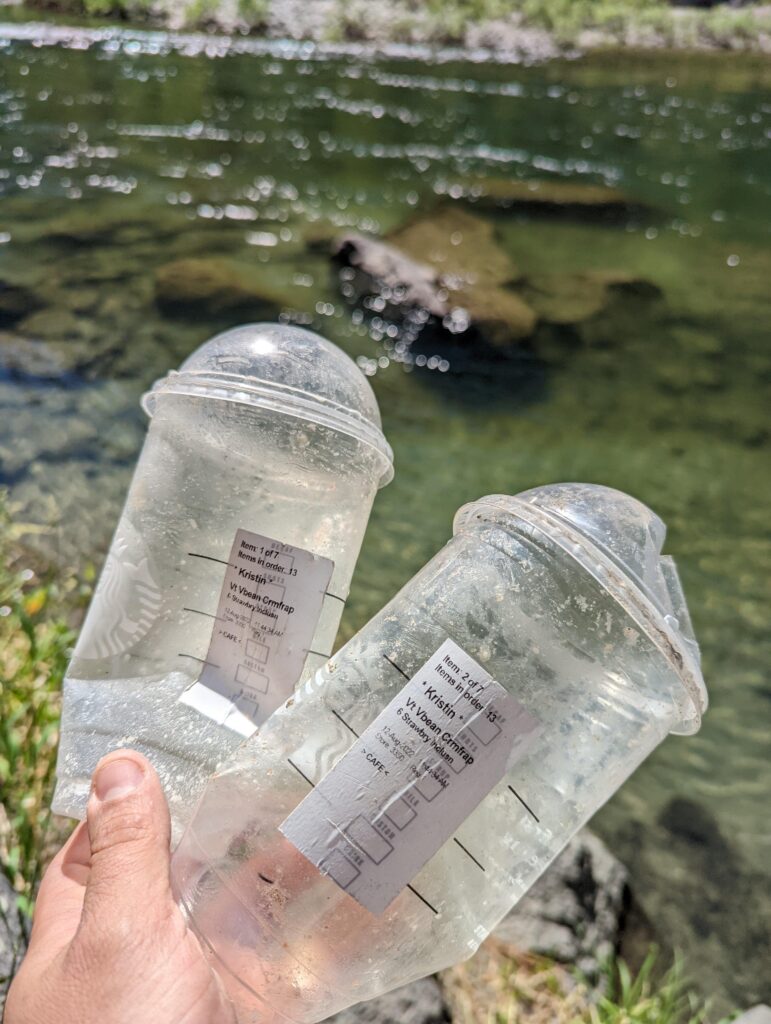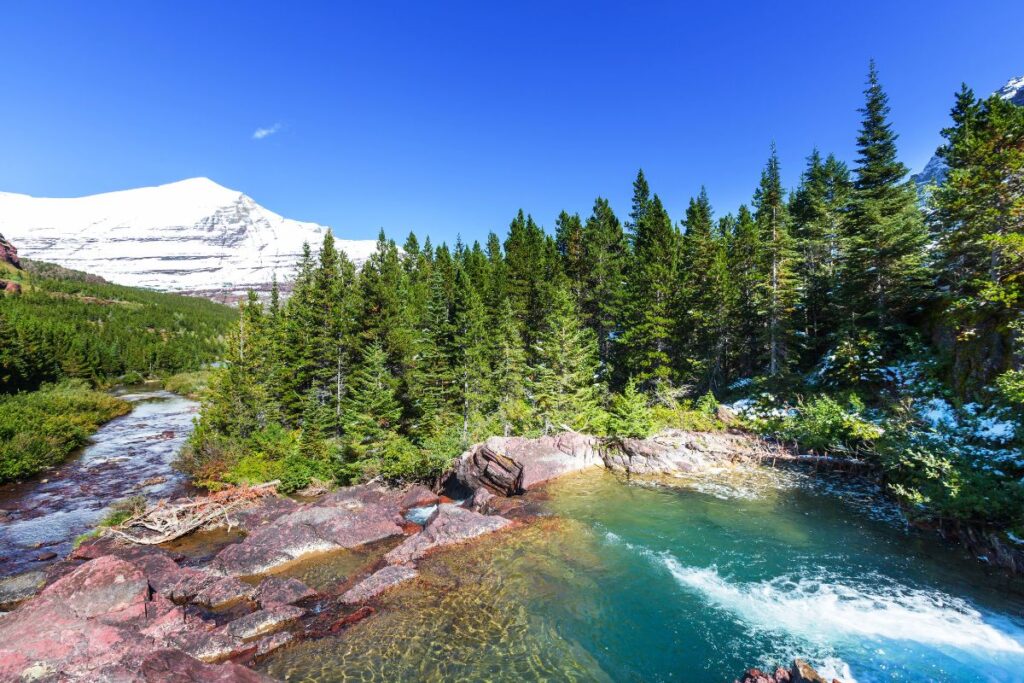A recent saunter along the verdant riverbanks of a national treasure, the Okanogan-Wenatchee National Forest, transformed into a disheartening ordeal for one nature enthusiast.
Their recess of contemplation amidst the Cascade Range’s majesty was tarnished by an unpleasant sight: carelessly discarded litter marring the pristine environment. “Litter found on the banks of a river in a National Forest. Be better, Kristin,” lamented the hiker, who expressed their frustration on the r/mildlyinfuriating subreddit with an evocative snapshot that captured the scene.
The image, accompanied by a poignant message, showcased two Starbucks cups, brazenly left behind with the name “Kristin” boldly imprinted on them. The profligate waste seemed to whisper the untold stories of its absent companions, suggesting a trail of debris left indifferent to the emerald enclave’s plight.

The subreddit’s denizens quickly chimed in, their comments laced with a blend of wry humor and palpable irritation. A Reddit sleuth speculated, “Only two of seven… probably five more downstream,” conjuring an image of a scatter of refuse, carried away by the river’s indiscriminate currents.
The revelation of this $75 caffeinated indulgence prompted a collective sigh among the commentators. “Seriously, that must be a $75 Starbucks order with 7 items,” remarked another user, underscoring the flagrant disregard for nature that such opulence apparently disregarded.
For the flora and fauna that call this 3.8 million-acre haven home—black bears, wolves, mountain goats, pine martens—the ramifications of such litter are not just unsightly but potentially lethal. Animals, mistaking the debris for food, can ingest it, causing dire consequences.
The hiker’s harrowing discovery underscores a broader, global concern—the relentless pervasion of microplastic. This bane of plastic does not truly disintegrate; instead, it subtly fragments into minuscule particles that infiltrate the soil, leach into our waterways, and, most insidiously, invade our bodies as well as those of aquatic organisms. Sombre realizations of a cow in Kenya burdened with 75 pounds of plastic in its stomach, or whales navigating a sea of microplastics, punctuated the issue.
However, the thread wasn’t devoid of pragmatic insights and solutions. As the original poster so responsibly suggested, encountering litter in nature should prompt us to pick it up for recycling or proper disposal. Given the recycling conundrum of most plastics, it’s advisable to champion businesses advocating sustainable alternatives such as metal bottles or innovative materials like mycelium, food waste, and molded fiber.
A poignant point was raised by one Redditor, highlighting a disparity in accountability: “And here we are getting charged for a cup or bag,” they pointed out. “It’s the corporations that should be charged. Not us consumers.“
Echoes of similar exasperations reverberated through the thread as personal anecdotes surfaced. “I live in NW FL and go to the beach every weekend,” shared a dedicated individual. “And every weekend I bring a bag and pick up other people’s trash.” The meticulous cataloging of commonly discovered items painted a vivid portrayal of our collective negligence.
As we ponder the consequences of consumerism, the question remains: who ought to shoulder the responsibility for the environmental degradation our consumption causes?

